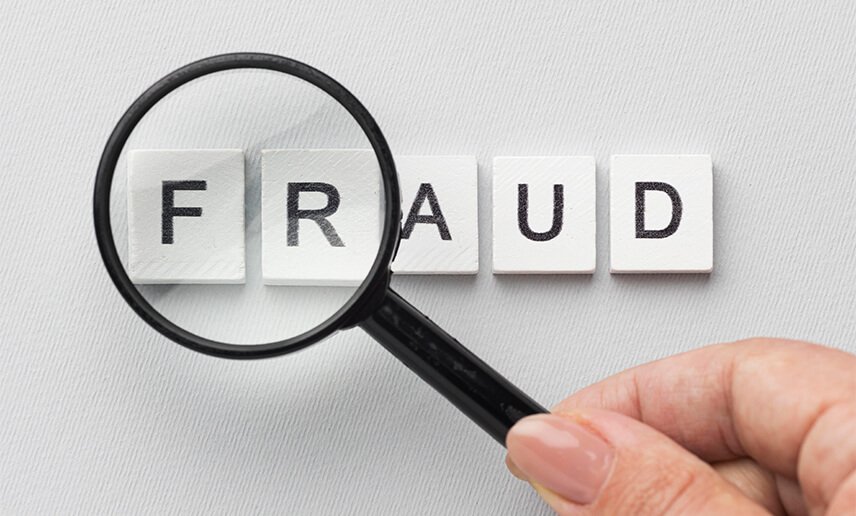How Does a Creditor Combat Fraudulent Evasion of payment?

If you are owed an outstanding debt and have been unsuccessful in your attempts at collection, there are several tools available to protect you against possible fraudulent evasion of payment. By filing and winning a lawsuit in court against your debtor, you can be awarded a judgement, which allows you to pursue additional methods of debt collection. A judgement is a court order which outlines the legal recognition of the debt and its associated terms. Obtaining this document designates the holder to be a “judgement creditor.” Typically, judgements can last for ten years and can, in some cases, be renewed if not paid by the debtor.
Collection methods available to a judgement creditor include:
- Abstract of judgement: An abstract is a document that outlines the details of the judgement against the debtor and creates a lien against non-exempt real property. This lien will be attached to affected property and generally restricts any sale until the lien has been cleared. An abstract can be filed and remain active in any county which the debtor may have a claim to property.
- Investigation and deposition: Debtors can be investigated and deposed to discover information to the extent of assets and income. A debtor must answer questions under oath, disclosing the exact contents of their financial estate. This can include information such as bank statements, real estate holdings, and tax information. It is illegal for a debtor to dishonestly answer questions or attempt to hide assets. These methods can give a creditor a more accurate picture of a debtor’s ability to pay.
- Bank account garnishment: Issued by a court, a writ of garnishment can freeze funds in a debtor’s bank account, allowing a creditor to be paid from the available funds. This is not to be confused with wage garnishment. Texas forbids most creditors from garnishing wages directly from an employer, however, this protection does not extend to funds currently deposited in a bank account.
- Levies: If a debtor does not turn over property to a legal representative to satisfy a debt, the creditor can push for a levy on non-exempt property. A legal representative will arrange for the sale of property under a writ of execution with the funds going to pay debts. Once property is acquired in this manner, the debtor no longer exercises control of it and cannot sell it on their own. This can include all real property outside of the main household and generally excludes personal possessions.
Maximize Your Chances of Collection – Call (817) 285-8017
At Pritchard Law Firm, we represent clients on both sides of consumer collections and have helped numerous people in your situation collect what is owed. Our Fort Worth consumer collections lawyers have more than 45 years of collective experience and can provide straightforward legal advice concerning the most cost-effective solution for your situation.
Schedule a free case evaluation and speak to a lawyer about your case.
Categories: DebtLoan Recovery


